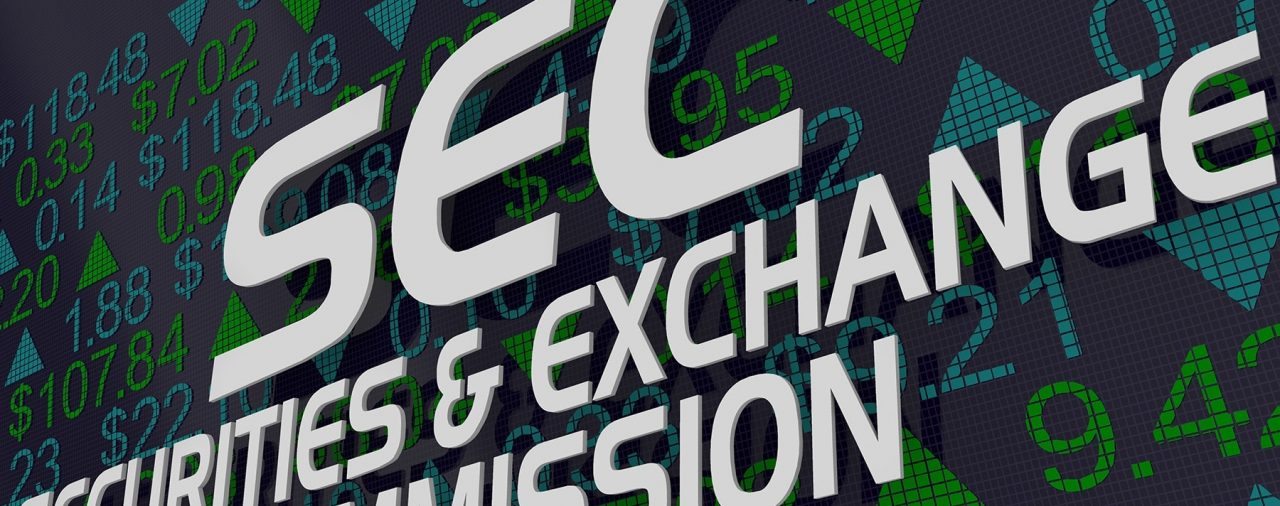Content Highlights
With the lure of potential profits, some may be tempted to engage in insider trading. In this article, we provide stories of those who succumbed to the temptation and the consequences they suffered.
Gardner Employment Law publishes articles that will help you protect the career that you worked hard to build. If you want to understand more about insider trading risks, read on.
What is Insider Trading Risk?
Insider trading occurs when individuals buy or sell securities based on MNPI (Material, Nonpublic Information) about a company to gain an unfair advantage in the market. MNPI is confidential information about a company or organization including but not limited to:
- IPOs (Initial Public Offerings): Confidential information about the process by which a private company becomes public, offering its shares to the public for the first time on the stock exchange.
- Mergers and Acquisitions: Information regarding the impending combination of two or more companies into a single entity.
- Stock Buyback Schemes: Access to confidential information about a company’s decision to repurchase its own shares from the market using information before it is publicly disclosed.
- Executive and Board Member Changes: Information about impending changes in the leadership or composition of a company’s executive team or board of directors.
Engaging in insider trading is a violation of securities laws, tarnishes investor confidence, and erodes trust in the fairness and transparency of financial markets. The penalties for insider trading can be severe, including civil and criminal penalties such as hefty fines, disgorgement of profits, and potential imprisonment.
In the financial world, insider trading is a serious offense that can lead to severe consequences for individuals and organizations involved.
Case Study: SEC Charges Husband of Energy Company Manager with Insider Trading
In the case brought forth by the Securities and Exchange Commission (SEC), Tyler Loudon, a resident of Houston, Texas, faced charges of insider trading. The SEC brought charges against Loudon regarding his actions before the February 2023 announcement of the acquisition agreement between London-based oil and gas company BP p.l.c. and TravelCenters of America Inc.
Loudon allegedly capitalized on MNPI related to the impending acquisition which he obtained through his wife. As a mergers and acquisitions manager at BP, his wife was involved in the planning of the deal. Loudon reportedly gleaned insights from his wife’s work-related conversations about the merger while she worked remotely from their home.
Armed with this confidential information, Loudon purchased 46,450 shares of TravelCenters stock without his wife’s knowledge prior to the official announcement of the merger. Following the announcement, TravelCenters stock surged by nearly 71 percent, enabling Loudon to realize illegal profits totaling $1.76 million from his trades. The SEC filed suit against Loudon in federal court for both civil an criminal penalties.
The SEC’s lawsuits against Loudon underscores the severity of insider trading violations and highlights the agency’s commitment to enforcing securities laws to maintain market integrity.
What Are the Consequences of Insider Trading?
Persons found guilty of insider trading charges face hefty fines, jail time, and damage to their reputation. Insider trading can disrupt the fairness and integrity of financial markets, eroding investor confidence and damaging the reputation of companies involved. High-profile cases, such as the one involving Tyler Loudon and Martha Stewart, illustrate the serious repercussions which individuals face for engaging in insider trading.
The key steps to mitigate insider trading risks include:
-
- Implement effective securities trading policies
- Monitor personal trade activities
- Communicate blackout periods
- Maintain insider lists
- Establish a pre-clearance process for securities transactions
- Foster a culture of ethics and integrity within the organization
Insider trading can have broader negative impacts on market liquidity and investor returns. When markets are manipulated, liquidity decreases, transaction costs rise, and overall economic growth may be stunted. Recent cases in the Asia-Pacific region, including those in Singapore, Malaysia, and Australia, demonstrate the international scope of insider trading and the need for robust securities compliance measures.
Contact an Expert Today
At Gardner Employment Law, we have extensive experience guiding clients through the intricacies of insider trading regulations. If you need assistance understanding and navigating these complexities, contact us today.

